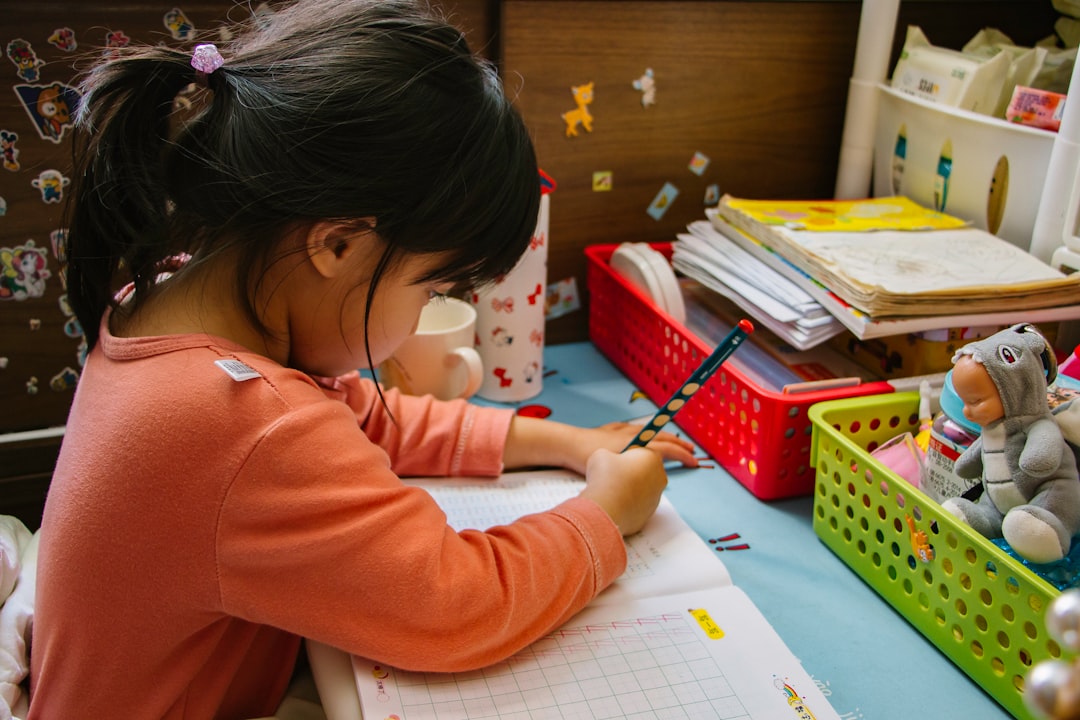Building trusting relationships between parents and caregivers at Rhode Island daycares is essential for creating safe, nurturing environments. This trust facilitates open communication, reduces potential risks like daycare abuse, and ensures consistent care tailored to each child's needs. Effective communication and robust legal frameworks, including a reputable daycare abuse law firm in Rhode Island, prevent abuse, protect children, and promote transparency, making the state's daycares ethical and safe spaces for young minds.
Building trusting relationships between parents and caregivers is paramount at Rhode Island daycares. This connection serves as a protective shield against potential risks, including daycare abuse. In this comprehensive guide, we explore the significance of parent-caregiver trust, common challenges faced by RI daycares, and the legal aspects surrounding daycare abuse. Our aim is to empower parents and caregivers with knowledge, ensuring their children’s safety through proactive measures and informed decision-making, assisted by a reputable daycare abuse law firm in Rhode Island.
Understanding the Significance of Parent-Caregiver Trust in Daycares
Building trusting relationships between parents and caregivers is paramount in Rhode Island daycares, as it sets the foundation for a safe and nurturing environment for children. Trust fosters open communication, encouraging parents to share their concerns, expectations, and unique needs regarding their child’s care. When this bond is strong, caregivers can better understand each family’s dynamics, implement consistent discipline strategies, and cater to individual children’s requirements.
Moreover, trust mitigates potential risks, including daycare abuse law firm Rhode Island cases. A trusting relationship allows parents to feel secure, knowing their voices are heard and that any red flags or suspicious behaviors will be addressed promptly. Caregivers who establish this rapport with families can proactively identify issues, ensuring the well-being of every child in their care.
Common Challenges and Potential Risks in Rhode Island Daycares
In Rhode Island, daycares play a pivotal role in the lives of working parents and the development of young children. However, this essential institution faces unique challenges that can impact the quality of care and safety of kids. One significant concern is the potential for daycare abuse, which has garnered increased attention from concerned parents and legal advocates alike. Rhode Island’s strict daycare regulations and laws, such as those enforced by a reputable daycare abuse law firm, aim to mitigate these risks but cannot guarantee complete protection without proactive measures.
Another common challenge is maintaining open lines of communication between parents and caregivers. Trust is a cornerstone in childcare, and its absence can lead to misconceptions, anxiety, and even legal disputes. Caregivers must foster an environment of transparency, where parents feel comfortable discussing their expectations, concerns, and observations. This collaborative approach not only strengthens the parent-caregiver bond but also helps identify potential issues early on, ensuring the best interest of every child in Rhode Island daycares.
Legal Aspects and Strategies for Preventing and Addressing Daycare Abuse
In Rhode Island, establishing trusting relationships between parents and caregivers is not just ethical but also legally mandated to prevent potential daycare abuse. A robust framework of laws and regulations exists to protect children in care settings, with severe consequences for violations. Parents should be educated about their rights and the legal implications of neglect or abuse. Engaging a reputable daycare abuse law firm in Rhode Island can provide invaluable guidance on navigating these complex issues.
Strategies for prevention include comprehensive background checks for staff, regular unannounced inspections by authorities, and transparent communication channels. If abuse is suspected or occurs, immediate reporting to the appropriate child protective services is crucial. Daycare centers should have clear policies and procedures in place for handling complaints and ensuring the safety of all children under their care. Collaboration between parents, caregivers, and legal experts can help create a culture of accountability and protect Rhode Island’s youngest citizens.





